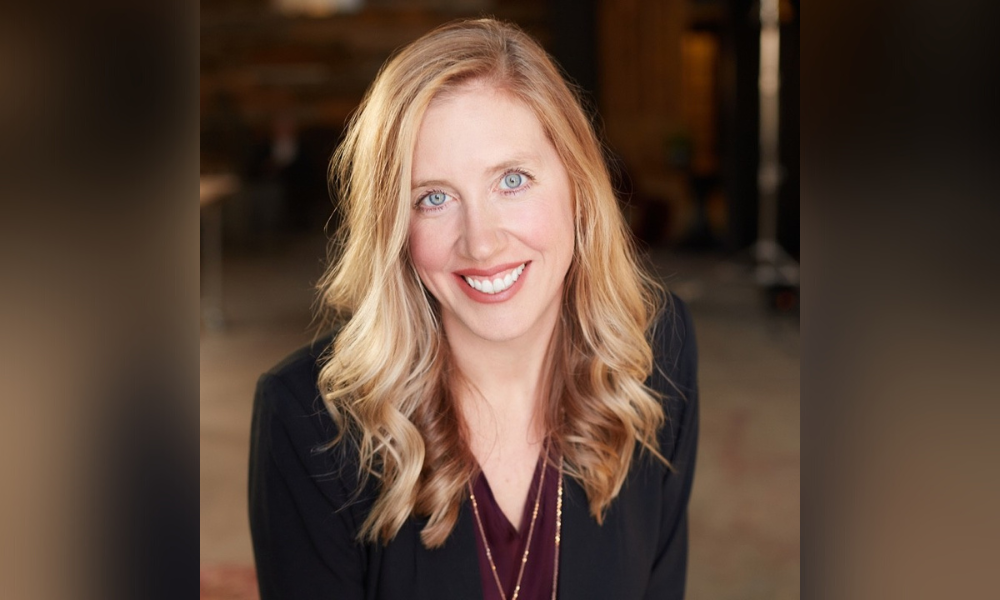Veteran broker highlights the value that only networks can provide for the mortgage professional

Beyond keeping up to date with the latest developments in the industry, a mortgage professional should lean into their network as their most valuable resource, according to Renée Huse of the Spire Mortgage Team.
This especially applies to those who are just starting out in the ever-evolving mortgage space.
“Align yourself with a team or brokerage that offers experienced brokers, training and underwriting support,” said in an interview with Canadian Mortgage Professional. “When I joined MMG, I was powered by a massive knowledge base with experienced brokers and underwriters that knew the industry inside-out. It takes about 200 mortgages before you’re going to really know where every deal should land – and even then, there are some serious conundrums some days.”
This should be coupled by a commitment on the mortgage professional’s part to remain in control of the situation at all times, never over-promising nor under-delivering.
“I think as a new agent, I used to get wrapped up in stories and pushed back and forth between what clients want, what realtors want, what financial planners want, and so on,” Huse said. “What everyone ‘wants’ is very important, but we know our timelines, our lender turnaround times, our lender guidelines better than anyone. Now, I listen to the huge list of wants and needs from my clients, take it away and then go back with a realistic action plan and specific timelines.”
The collective knowledge of a network will help the mortgage professional build on their unique strengths – in Huse’s case, her talent for scripting, which was honed during her time as a high-level professional in the commodities trading and energy sectors.
“In those years [before entering the mortgage industry in April 2017], I really learned how leverage works and how to search for undervalued assets and then reposition them to make a higher cash flow,” Huse said. “Over my years of purchasing real estate, I fell in love with figuring out mortgage puzzles and decided I’d like to use my extensive experience in real estate to help others try to differentiate their retirement portfolios.”
Huse said that among her ongoing projects is to continuously evaluate her scripting and language to increase her lead-to-fund ratios.
“I think the reason I’ve had so much success is that I’m incredibly intentional about sales,” Huse said. “I evaluate nearly every call to sort out how I could have been more effective in moving the deal forward.”
The steady refinement of this approach – coupled with a strong focus on what the client truly needs – will ultimately help business outputs and efficiency in the long run, Huse said.
“I believe that if you’re writing the same email more than three times, it can be automated,” Huse said. “I believe that our client databases are goldmines, farming them and tracking them is the best way to grow your portfolio. Technology can help automate all of this for us.”
And while no one-size-fits-all approaches exist in the mortgage space, Huse said that the collaborative nature of the network has helped Spire Mortgage establish itself as a leading provider of mortgage solutions, bolstered by access to more than 200 lenders across all product types.
“Our ability to solve mortgage problems has brought clients and referral partners back to us several times over the years,” Huse said.



